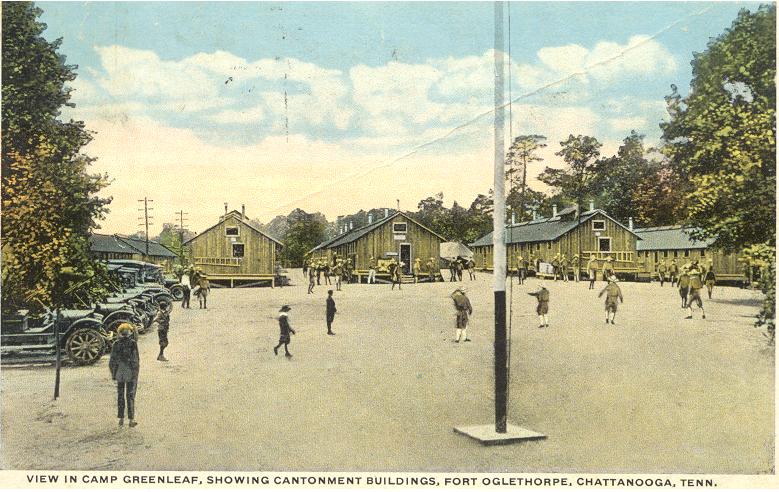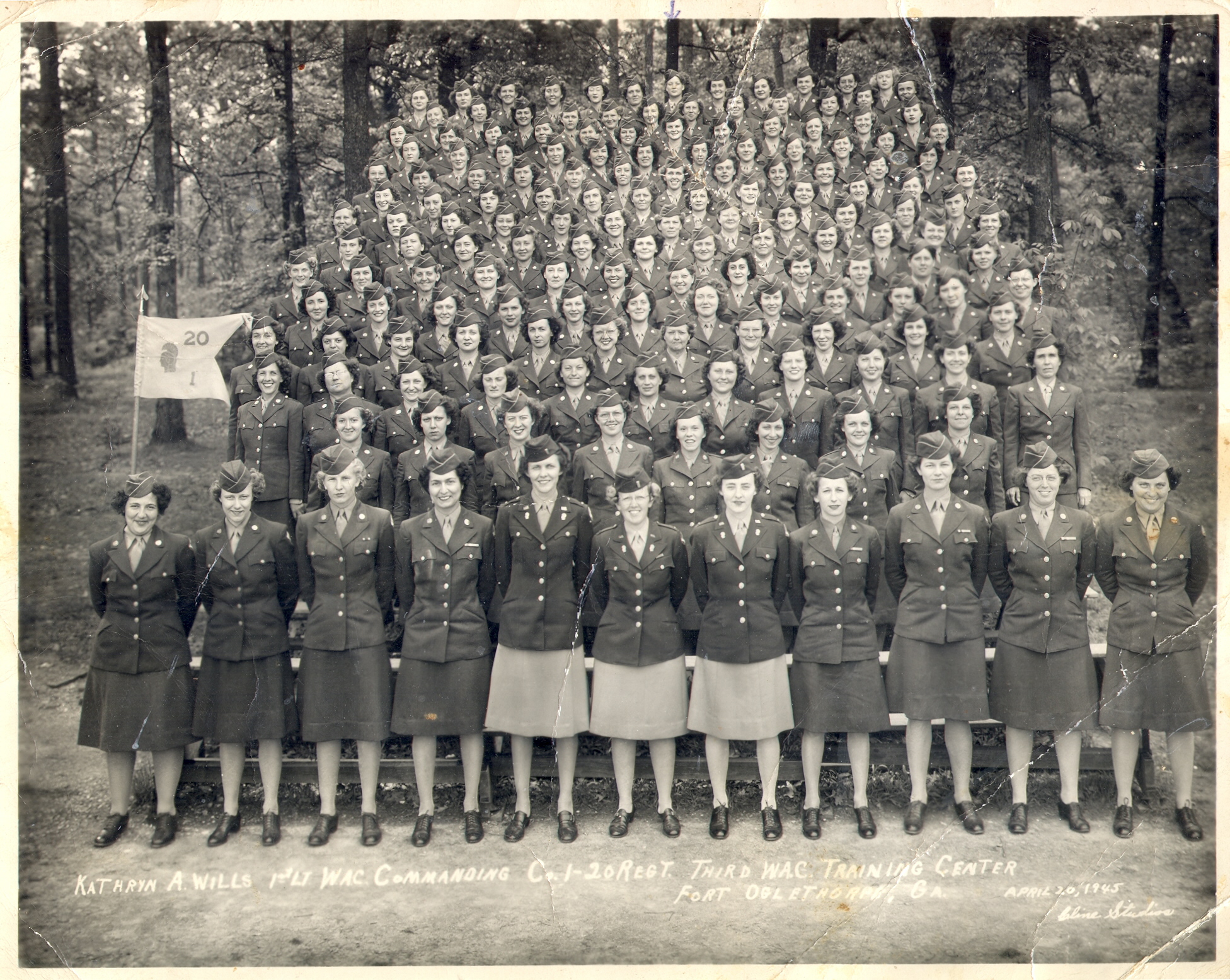TRANSCRIPTION
How old were you when you entered the war?
I was eighteen, and I foraged my birth certificate that the doctor did when I was born, I made myself 21 or 22. I can't remember what the age limit was for the women's army core.
What made you want to join the war?
. My husband was overseas we hadn't been married very long and he was in the army when I married him. I was living with my mother in law who I really dearly loved and I was working at reed roller bit. I just wanted to do something more for the war efforts so I joined the army.
Where were you stationed?
I took my training at fort "Oglethorpe" Georgia and then after the training I was stationed at Miccosukee general hospital in temple Texas.

Where you ever sick during the war?
No, not that I can remember
Was anything ever rationed during or before the war that you can remember?
I don't remember because I wasn't cooking a lot back then and I don't believe I was driving a car.
What was your family's opinion of you joining the war?
. I didn't tell them for a long time, then they thought it was admirable.
Before going into the war, what did you know about it?
Primarily what we were told through newspapers and television, I did a lot of reading so I was pretty well prized on what was going on in the war.


What was your opinion of Hitler?
By god I would have liked to kill him myself. What he did to the Jewish people was absolutely beyond humanity.
What was your first impression of military life?
. I enjoyed it; I was awfully tired after basic training. They put us through basic training just like the soldiers go through and then I went through the schooling of either being in the ward or operation room. I was trained for both of them.
Where there any black women in your ward?
I don't think so.
What kind of food did you eat?
Just regular army food


What was your first job like?
My first job was at Miccosukee general hospital and I was in charge of the ward of about 40 men. From 7pm to 7am. They were all paraplegics; it was so heart breaking to see all these young men with their legs gone. They were all in good spirits all very glad to be home.
During the war what was your most memorable moment?
I met my husband in San Antonio coming off the train from the war. Then the next day were both honorably discharged.
What were you doing before the war?
I was living at home I was going to school high school. In the summer the job I remember the most was working for this egg breaking plant. What we did was take eggs and crack them and put them in containers, and then they were dried and frozen and shipped overseas. The horrible thing was sometimes you would get an egg and it would have a stinky dead little chicken in it. That happened really often. Then I went to work over in Kansas, I was being trained for war.

What month or year did you go into the service?
I was only 18 and I was born in 1926 you do the math. I was only in ten months then it ended.
Where did you get discharged?
. San Antonio Texas
Where did you move to?
Came back to Houston, we lived with my mother in law.
Did you settle down right away?
Yes, it wasn't too long. At that time GIs were given first choice of where to live when it became available. We were living in something about as small as a living room not as nice though. It was put up hastily on a hill. Housing was very short at this time.

When you lived in Carthage Missouri what kind of chores did you have?
Ordinary house work, we had a cow that I never learned how to milk, we had chickens and a garden I had to do work in the garden. I also had a horse that was also the horse daddy used to plow the fields with. I enjoyed the horse very much. I had a lot of pets.
Were there any black people in Carthage?
Carthage had a history, back in the civil war days they had a law "don't let the sun settle when you are here". This meant that if you were colored and just passing through and leaving that was okay. We did have nice colored people that lived in Carthage when I was growing up. I went to high school with them, but there was not a big population of them because of earlier times.
Did you have any boyfriends growing up?
Oh yeah, I had a number of boyfriends. When the army camp came in through Carthage I met a lot of them at the skating rink. A few of them walked me home too. I never had anyone that I was really serious about until I met my husband.
How have career opportunities changed for women since you worked?
It's like night and day. Just look at the news paper now days, the jobs being offered. Nothing like that was shown back then. Women did house work and child care. Doctors had nurses and things like that. Women are more educated now; I read today that women are surpassing men in college. I have taken advantage of everything tossed my way.

